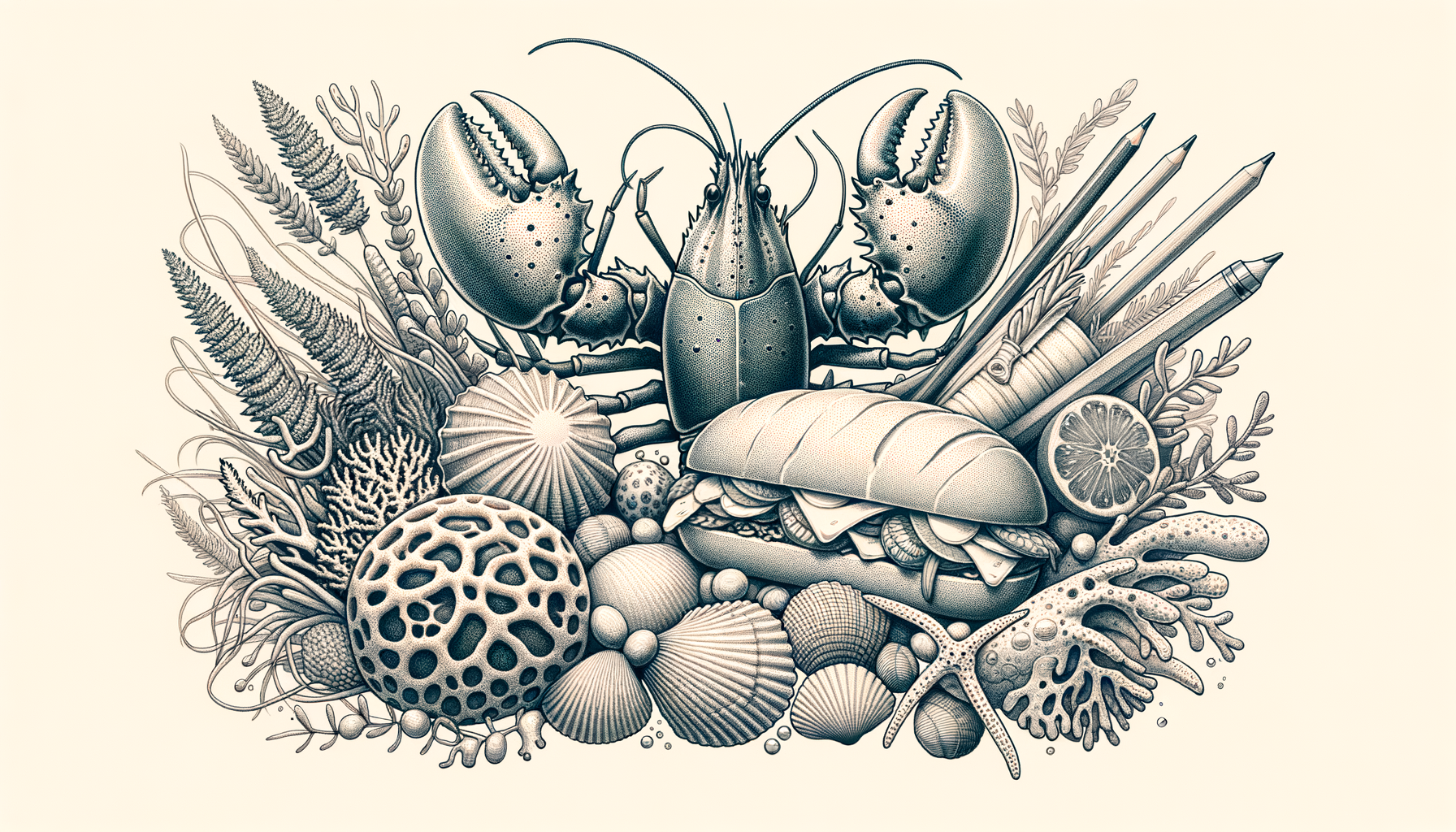Byline: How one friendship reshaped my outlook on love, relationships, and the tides of life.
The Day I Met Maddie (and Everything Changed)
They say friends come into your life for a reason, a season, or a lifetime. Maddie, however, breezed in like a rogue Nor’easter, rearranging my carefully curated worldview faster than I could batten down the hatches. I was 27, fresh off a breakup that had me eating boxed mac and cheese straight out of the pot and openly weeping at LL Bean flannel ads. Love, I had decided, was a cruel joke played by the universe. And then, there was Maddie—equal parts human espresso shot and cozy blanket—with a laugh loud enough to startle the gulls perched on the Bar Harbor docks.
We met, fittingly, at a community trail cleanup. Maddie showed up late, wearing ancient hiking boots that looked like they’d been chewed by a bear and wielding a trash-picker like it was Excalibur. Within minutes, she’d roped me into a heated discussion about the ethical dilemma of lobsters in fine dining, complete with wild hand gestures and even wilder tangents. By the end of the cleanup, I had forgotten about my dented heart and remembered how much I liked arguing about random topics.
Maddie didn’t fix me—no one friend or lover can—but through her utterly unfiltered, unautologetic way of living, she nudged me into seeing the world (and myself) differently. Here’s how one friendship changed my life, and what Maddie taught me about connection, confidence, and why nothing good comes from playing small.
Maddie’s Theory: The “Tidepool Test” for Relationships
Bar Harbor locals know that tidepools hold little glimpses of life’s secrets. Maddie once dragged me to a craggy patch of shore at sunrise, made me kneel beside a pool with her, then said, “You see that little hermit crab? That’s me in a relationship. Always scooting around, testing the waters. But that sea anemone over there? That’s who I want to be. Just planted, thriving, and fabulous.” I was still feeling the effects of a breakup at the time and muttered something moody about not even being a hermit crab, maybe just a stray piece of driftwood.
Maddie whacked my arm and pointed out something I’d never considered. “Abby, whether you’re driftwood, a crab, or an anemone, you belong right here. You’re not “less-than” because you’re still figuring it out. You’re part of the same ecosystem.”
It hit me like the granite cliffs of Schoodic Point. So often, I’d made dating all about fitting into someone else’s life—like I was a piece of mismatched furniture trying not to stand out in someone’s perfectly curated living room. Maddie’s tidepool insight was simple but game-changing: Do the people you’re drawn to allow you to root yourself, thrive, and feel part of something bigger? Or are you constantly scuttling around, afraid to get too attached? Dating, I realized, needed a healthy mix of groundedness and exploration. Tidepools don’t judge you; they just house you, muck and all.
A Lobster Roll Theory for Self-Worth
Maddie adored food almost as much as she loved crafting wild theories, so it tracks that one of her most transformative lessons came over lobster rolls. “You ever notice people try to ‘fancy up’ lobster rolls when they don’t need to?” she said one summer afternoon, gesturing dramatically at a nearby restaurant menu promising “truffle oil aioli” and “handcrafted brioche buns.”
"Lobster rolls are perfect the way they are,” she said. “You start gussying them up with too much fluff, and you’re just covering up the good stuff.”
I laughed at first—she did look ridiculous, waving a roll dripping with butter like a golden scepter—but weeks later, her words hit me while scrolling through my own mental list of dating dealbreakers. For years, I’d caved to the pressure of looking or acting “extra” to appeal to a crush. Throwing on makeup I didn’t care for, nodding along to conversations about music I didn’t like, or working way too hard to seem effortlessly cool, all so I could shine up my “brand.”
Maddie’s lobster roll sermon reminded me: authenticity doesn’t need truffle oil. The right people will love what’s already there. Now, every time I meet someone new, Maddie’s messy butter-stained grin flashes in my head, and I ask myself, “What are you hiding under the aioli?”
Flaws Are Compost for Growth
Maddie didn’t live a curated life. Her car was full of sand and dog hair; her social media had bike crash selfies and seven-tiered wedding cake successes from her side gig as a baker. She was a beautiful mess—the kind of woman entirely unembarrassed to laugh-snort over dinner or forget your name and call you “Slugger” indefinitely. I, on the other hand, once refused to buy toothpaste at the corner shop because I was convinced the cashier would judge me for choosing the “whitening” kind.
“You can’t grow good tomatoes if you’re scared of the compost,” Maddie said after one of my particularly tedious rants about what people might think of me at a party. “People are judging themselves 90% of the time anyway, Abby. Be the compost. Flaws are just places you grow out of.”
That single statement transformed how I viewed vulnerability. I stopped seeing flaws as cracks in the walls I’d built and started embracing them as windows. When my short-lived romance with a summer visitor fizzled because his “life plan” veered wildly from mine, I didn’t revert to old habits of picking myself apart. I thanked him for the chance to try—then toasted Maddie with a cheap glass of wine. Compost for growth.
The Real Work of Friendship
Of course, friendships, like relationships, aren’t all fun car rides and lobster hot takes. Maddie and I butted heads all the time—like the week she tried to pressure me into going on a blind date with her boyfriend’s rock-climbing friend (I have no upper body strength and zero desire to dangle off cliffs, thanks). But here’s what Maddie taught me: meaningful relationships aren’t built on constant harmony. Love, whether romantic or platonic, thrives on a steady rhythm of tiny repairs. Apologies, forgiveness, and the reassuring knowledge that even when you mess up, your position in someone’s tidepool isn’t revoked.
My Takeaway: Don’t Settle for Shallow Waters
When Maddie moved to Portland last year to start her own bakery, I cried shamelessly on my deck, surrounded by notes she used to leave me like breadcrumbs for moments I felt lost. She’s still my go-to: a text away, cheering me on, challenging me in the most obnoxiously loving ways possible. But her biggest gift was showing me that the relationships worth keeping—romantic or otherwise—are the ones where you can bring your whole messy, butter-stained self to the table.
If you’re like me, prone to questioning your place in every friendship, romance, or awkward dinner date—or if you’ve just been stuck feeling like the wrong hermit crab in the wrong tidepool—Maddie’s wisdom might help. Be the lobster roll, flaws and all. Laugh-snort when you need to. Stay curious and keep testing the waters.
And when in doubt, find a Maddie. Or better yet, be one. Your tidepool will thank you.




















